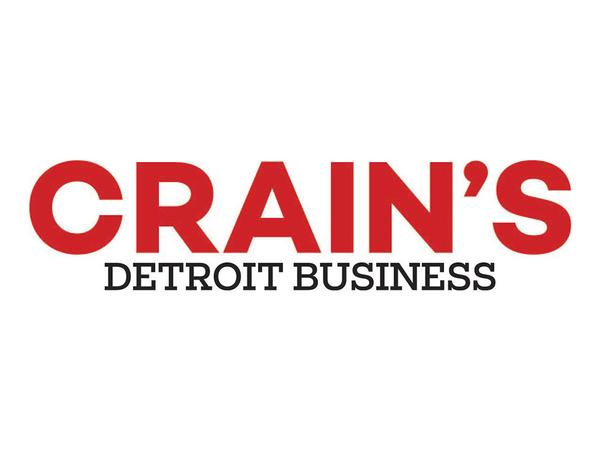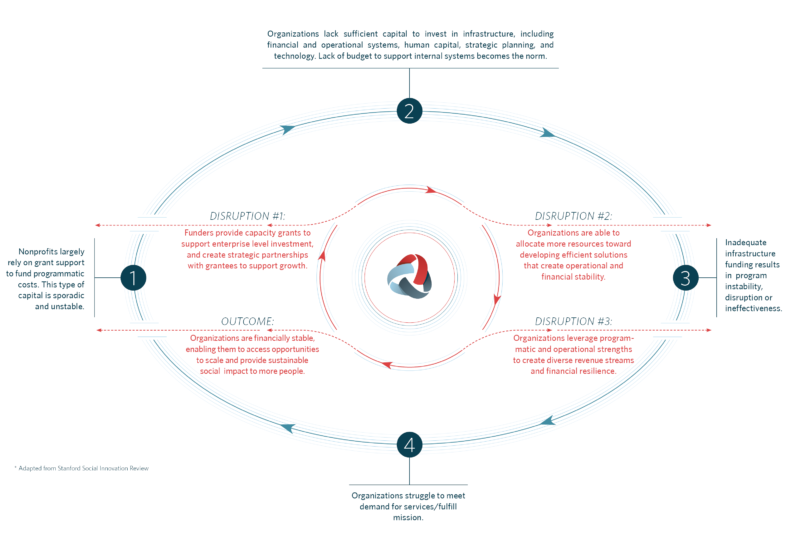Coalition on Temporary Shelter (COTS) has selected Mission Throttle to help it identify new opportunities to increase the financial stability and impact of its programs, and address recent changes in government funding of homelessness programs.
The city of Detroit is experiencing a great revitalization. Young professionals are flocking to the city to live and work; new restaurants and business are opening at a seemingly unprecedented pace; yet homelessness and unemployment remain persistent problems. Detroit is home to nearly 16,000 homeless adults and 3,500 children. While 21 local mission-driven organizations serve the homeless population of Detroit, most are focused on providing emergency shelter instead of addressing the root cause of pervasive social problems.
COTS is undergoing a significant transformation to respond to these pressing social needs, and believes that a holistic approach is critical to solve the problem of intergenerational poverty among the homeless. COTS has adopted a “housing first model,” which prioritizes the importance of stable housing, and is now a national norm with the recent increase in funding and support from HUD. COTS is using an evidence-based framework called the Passport to Self-Sufficiency, which addresses the plethora of factors that prevent families from permanently escaping homelessness, including: family stability, healthcare, financial empowerment, education and training, and career development. This approach helps clients remove critical social barriers and achieve long-term sustainability.
“A heart breaking moment for me was witnessing children return as adults with their own families, struggling with the same issues their parents once had,” said Cheryl P. Johnson, CEO, COTS. “We do housing well. But are we really teaching people the skills they need to stay housed? Or further, the necessary life skills to overcome of poverty? Handing over keys isn’t enough. Admitting we have opportunities for growth is everything. It has made the difference between offering emergency shelter and offering a life-changing opportunity. We are a learning organization. Our Passport To Self-Sufficiency successfully shows people how to navigate through life, and how to set a better example for their children to follow as they grow into adulthood.”
Mission Throttle and COTS will work in partnership to identify opportunities to enhance its organizational efficiency and effectiveness, and develop a business model designed to help lift an even greater number of families out of the homelessness all too prevalent in Detroit — ensuring that the children it serves today will not need its services as adults tomorrow.
“COTS’s vision for a future Detroit without homelessness is both radical and rational,” said Susan Gordon, Managing Director of Advisory Services for Mission Throttle. “With a focused business strategy, COTS has the opportunity to create an innovative social enterprise that aligns with its core values, provides capital for scale, and advances its mission to break the cycle of intergenerational poverty.”
About Mission Throttle
Mission Throttle is a social impact strategy firm dedicated to accelerating philanthropic innovation in communities. We advise, invest in and support mission-driven organizations that seek to use market-based strategies to address social and environmental challenges. We advance the organizational capacity and sustainability of mission-driven organizations through scaling earned revenue and instilling best practices to serve more people in need, increasing community impact and social justice.
About COTS
Founded in 1982, COTS www.cotsdetroit.org is a private, non-profit organization that provides emergency shelter, transitional and permanent housing, as well as comprehensive support services for homeless families and the at-risk population. COTS mission is to alleviate homelessness by providing an array of services which enable people to achieve self-sufficiency and obtain quality affordable housing. COTS assists families in reaching their housing, economic, health, education and career goals through coaching, mentorship and support as they strive to overcome homelessness and break the cycle of poverty for the next generation and beyond. COTS also exists to advocate for long-term solutions to the problem of homelessness.






